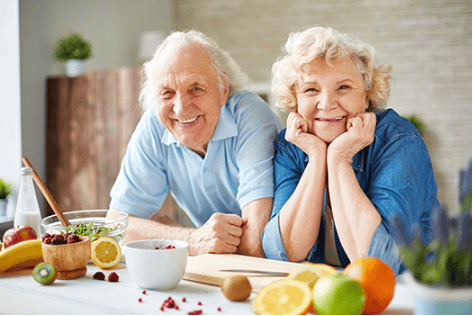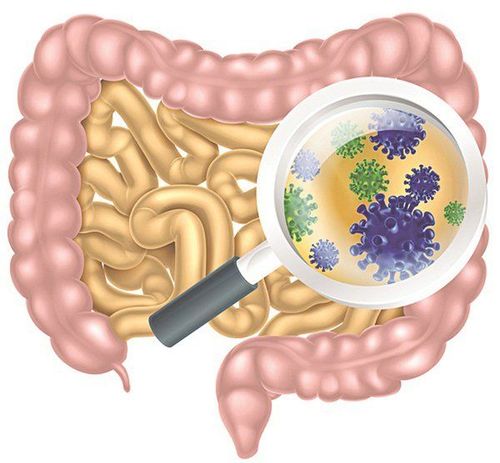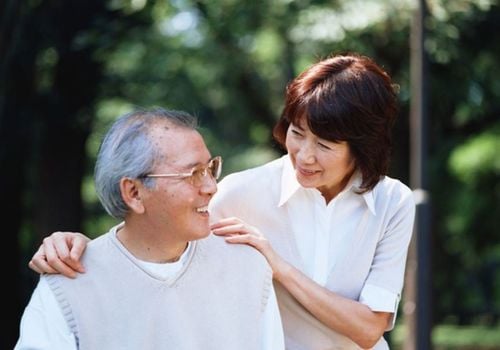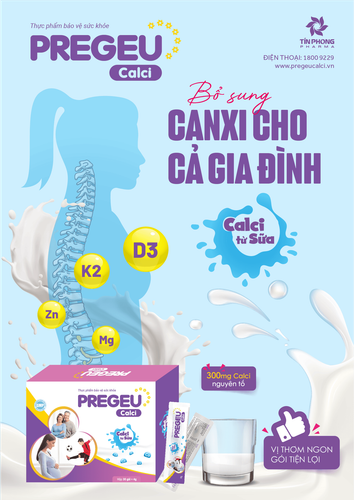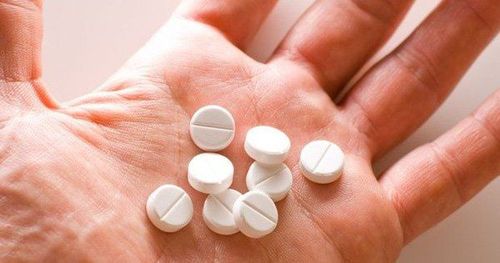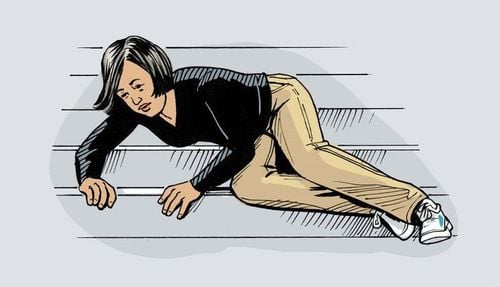This is an automatically translated article.
Articles written by MSc, BS. Vo Khac Khoi Nguyen, Department of General Surgery - Vinmec Central Park International General Hospital
Fall in the elderly is a health event that causes severe consequences for the patient. In addition to physical trauma, such as broken bones or traumatic brain injury, psychological consequences such as fear of falling can be detrimental to the patient in the long run. Physical trauma and psychological trauma combined can lead to mobility and functioning disabilities. As a result, elderly people need care after falls and lose their independence, greatly affecting their quality of life.
1. Identify post-fall syndrome
In studies on the fear of falling among the elderly in the community, this rate ranges from 3% to as high as 92%. The “post-fall syndrome” associated with anxiety in the elderly affects about one-third of older adults hospitalized after a fall. In which, more than 50% of people with no previous history of falls have a fear of falling.
Conceptually, there are two different approaches to identify the fear of falling in the elderly. First, we need to identify the fear of future falls in the elderly by interviewing. For example, we can use the questions: “At the moment, are you very afraid, somewhat afraid or not afraid that you may fall? ". The second way for professionals: measure fall-related consequences, which is a loss of confidence in the patient's ability to perform certain daily tasks. Examples of tools for assessing fall-related effectiveness are the Tinetti Fall Performance Scale and the Powell & Myers Balanced Activity-Specific Reliability Scale.

Post-fall syndrome in general and fear of falling in particular are related to physical, motor and cognitive decline of the elderly. The main consequence of this fear is that restriction of physical activity subsequently leads to inactivity, impaired functioning, loss of confidence and increased risk of further falls in the future. Therefore, it is not surprising that fear of falling has been found to be associated with frailty in the elderly. The limitation of physical activities due to phobia of falling also affects participation in social activities and reduces quality of life in the elderly.
2. Prevention of post-fall syndrome
Elderly people who have fallen will have a higher fear of falling than elderly people who have never fallen. Therefore, “post-fall syndrome” limits the confidence of the elderly in carrying out activities of daily living, “locks” the elderly at home and causes isolation from society. Fall prevention programs not only prevent injuries to patients, but also have a more humane role in preventing post-fall syndromes, helping patients integrate into the community and improve their quality of life. . Often, a fall prevention program includes broader elements such as providing knowledge about fall risk, fall prevention strategies, good management of chronic conditions, and fall skills. falls happen etc...
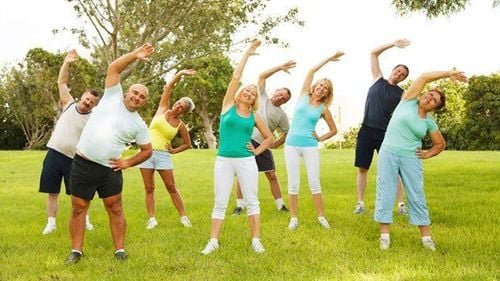
After the event of a fall, in addition to the treatment and rehabilitation of injuries. Doctors are also interested in restoring the strength of the musculoskeletal system, enhancing physical activities. However, the family is an important support for the patient to reintegrate into daily activities. It is never too late to change the living spaces in the home so that it is safe and suitable for the activities of the elderly.
In summary, falls are the leading cause of fatal and non-fatal injuries in the elderly. Even people who fall and are not injured suffer negative health consequences. Older adults who have fallen are more likely to fall again within a year and are at increased risk for acrophobia, which leads to depression and limited mobility. Fall prevention and post-fall syndrome are two closely related issues.
In addition, to protect the health of the elderly, you should take them to a medical facility for regular general health check-ups because at this age, the elderly's resistance is poor, and they are easy to get sick. Currently, Vinmec International General Hospital has general health checkup packages suitable for each age, gender and individual needs of customers with a reasonable price policy, including:
Health checkup package general Vip Standard general health checkup package Patient's examination results will be returned to your home. After receiving the results of the general health examination, if you detect diseases that require intensive examination and treatment, you can use services from other specialties at the Hospital with quality treatment and services. outstanding customer service.
Please dial HOTLINE for more information or register for an appointment HERE. Download MyVinmec app to make appointments faster and to manage your bookings easily.





